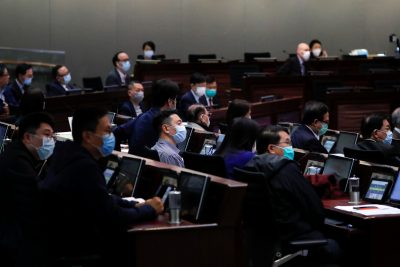Author: Deepanshu Mohan, OP Jindal Global University
While the impact of the COVID-19 pandemic on the global economy is more dramatic than any other shock in recent history, the consequences of the virus for the geopolitical order could be even more consequential. A radical shift in the global political economy may be imminent in the post-COVID-19 world.

This shift is conditional on two factors. The first factor is the relative degree of economic recovery seen in nations affected by the pandemic. The second factor is the very different domestic political scenarios that now exist in many affected nations.
Before the pandemic, populism — and its coercive authoritarian tendencies which see the nation-state strengthen in a backlash against the multilateral-globalist order — was on the rise. The outbreak of the pandemic has provided an opportunity for most states to either increase or retract multilateral cooperation.
As the crisis unfolds, critical multilateral arrangements like the G20 are not presenting a unified front. The United States and China have also faced criticism for displaying weak global leadership.
The United States under President Donald Trump is showcasing an inability to lead efforts to fight the virus, let alone offer necessary aid to other countries. Instead, the United States has threatened to undertake protectionist measures to restrict exports of essential medical equipment to neighbours like Canada. Trump is also halting US contributions to the World Health Organization (WHO).
China, on the other hand, has utilised the opportunity to push its state-propaganda internationally, while emerging as a ‘costly’ global supplier of medical equipment. Despite providing for the increased short-term demand for medical supplies, China has continued to receive severe criticism for its information censorship.
In a post-COVID-19 world, many developed nations may consider disentangling direct trade relations with China and decoupling supply chains to restrict the flow of goods and services into and from China.
